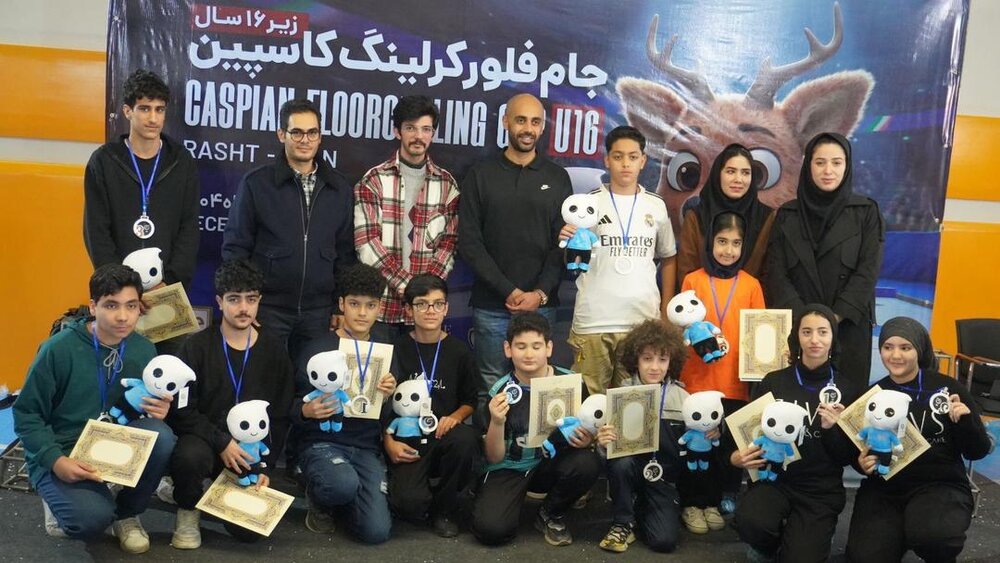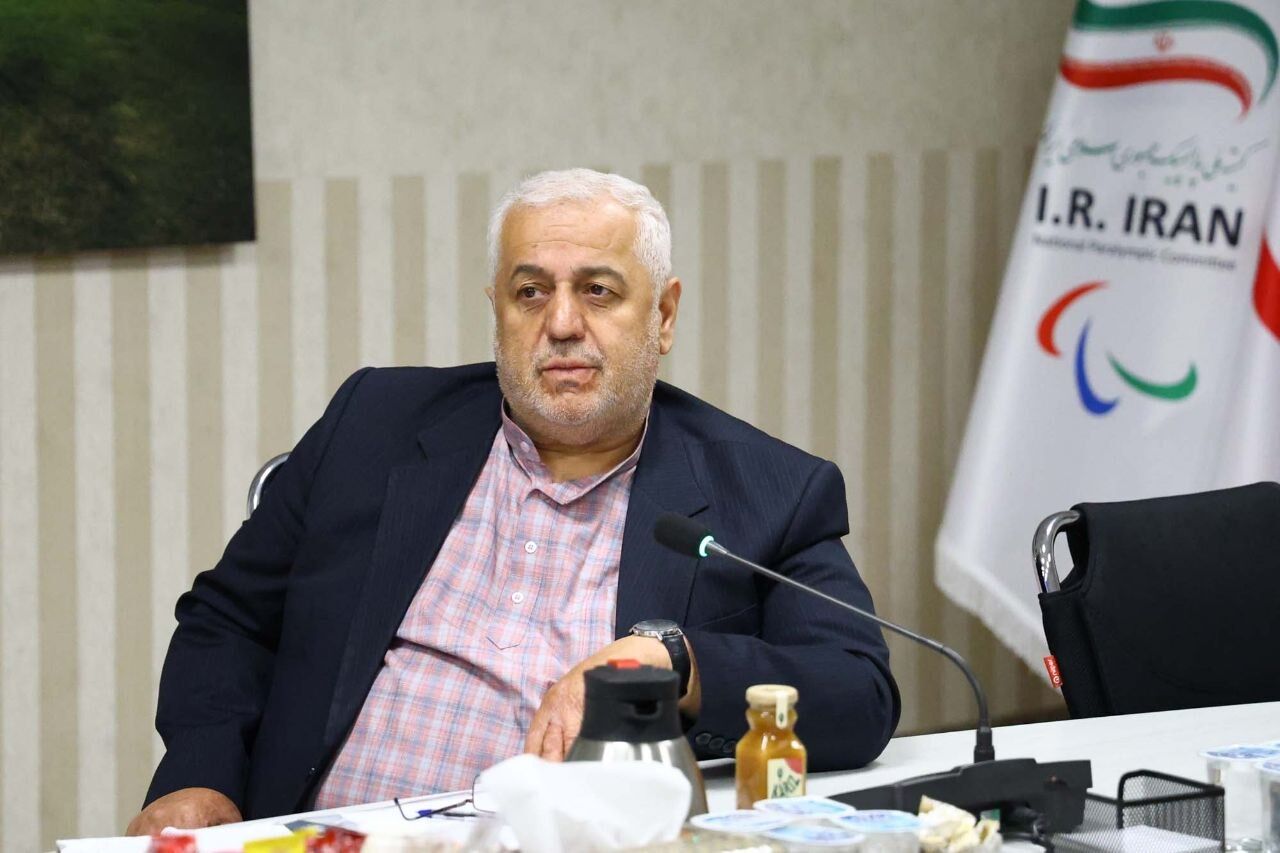Over 9,000 Palestinians remain in Israeli jails after Gaza prisoner swap
Over 9,000 Palestinians remain in Israeli jails after Gaza prisoner swap

Despite the release of nearly 2,000 Palestinian prisoners on Monday as part of a swap deal with Israel, more than 9,100 Palestinians remain in Israeli custody under harsh and deteriorating conditions.
Monday’s exchange saw the release of 20 Israeli captives held in Gaza, marking the third prisoner exchange between Israel and Hamas since the war began in October 2023.
A month into the war, 240 Palestinian prisoners were released in exchange for 105 captives during a brief seven-day truce.
A second exchange in January and February saw the release of 1,778 Palestinians in return for 38 captives.
In total, 3,985 Palestinians have been freed in exchange for 163 Israelis.
However, with all living Israeli captives now returned, over 9,100 Palestinians remain in Israeli prisons - many of them detained without charge or trial.
They are held in what rights groups call “torture camps”, facing daily abuse, beatings, starvation and humiliation.
Mass prisoner surge
Before the war began, there were approximately 5,000 Palestinian prisoners held in Israeli jails.
That number has since more than doubled, reaching over 11,100 by October 2025.
Following the most recent prisoner exchange deal, the total number of detainees has decreased to an estimated 9,100.
Among those currently imprisoned are 52 women and around 400 children under the age of 18.
There are also dozens of medical workers, journalists, activists and civilians held without charge or on vague accusations such as “incitement”.
A freed prisoner speaks with anguish about the horrors of torture in the occupation’s prisons and expresses his shock at the scenes of destruction in Gaza. pic.twitter.com/YgH6wFqKme
— Eye on Palestine (@EyeonPalestine) October 13, 2025
Overall, there are 3,544 Palestinians held under administrative detention - a practice that allows for indefinite imprisonment without charge or trial.
Hundreds of others seized from the Gaza Strip are being held under Israel’s “Unlawful Combatant” law, also without charge or trial, despite the majority of them not being involved in any military activity, according to the Palestine Center for Prisoners' Studies.
While the total number of Palestinian detainees has nearly doubled since 7 October, the number of those serving life sentences or long-term sentences has dropped significantly after the recent exchanges.
Before the war, 580 prisoners were serving life sentences or facing charges that carried such sentences. That figure has now dropped to approximately 62.
At least 319 others serving long sentences of 10 years or more have also been released.
Ongoing abuse
Many of the Palestinian prisoners released on Monday showed signs of both physical and psychological abuse.
The Palestinian Authority's Commission of Detainees and Ex-Detainees Affairs said video footage of the prisoners highlights the “brutality and criminality” inflicted by Israeli prison authorities.
Tala Nasser, a lawyer at Addameer Prisoner Support and Human Rights Association, called for accountability.
“Israel continues to prevent the International Committee of the Red Cross from visiting prisons and monitoring conditions,” she told Middle East Eye, adding that prisoners have also been denied family visits.
“The end of the war doesn’t mean the end of Israeli crimes,” Nasser warned.
“There is a continued international obligation to ensure accountability. Those responsible must be held to account for the grave violations committed against Palestinian prisoners.”
'The end of the war doesn't mean the end of Israeli crimes'
- Tala Nasser, Addameer NGO lawyer
Since the start of the war on Gaza, violations against detainees have escalated sharply.
Rights groups and eyewitnesses report a widespread pattern of abuse, including physical and psychological torture, sexual assault, systematic starvation, denial of medical care, poor hygiene and prolonged isolation.
At least 78 prisoners have died under these conditions in the past two years.
Even in the moments leading up to their release, many detainees were still subjected to abuse. A video widely shared online shows prisoners with their hands tied and heads bowed, being mistreated by Israeli prison officers before release.
Thamer Sabaaneh, a prisoner affairs activist who was also arrested after the war, said Israel routinely uses prisoners to exact revenge on Palestinians.
While he expects slight improvements in conditions after the ceasefire, he believes the suffering will continue.
“I expect prisoners to launch a real and serious movement to change life in detention and fight to improve their conditions,” Sabaaneh told MEE.
“Some of them had already told Israeli officers before the deal that they would not stay silent if they weren’t released.”











